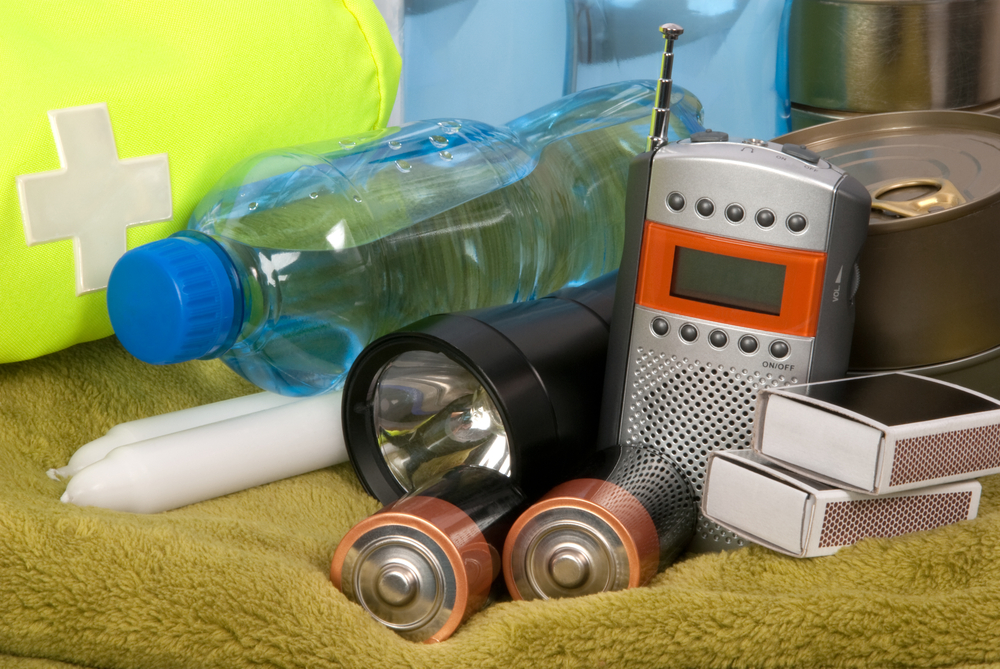Lifestyle
PRC issues ‘Survival Tips’ before, during and after a typhoon
MANILA — The Philippine Red Cross (PRC) issued on Thursday a number of “Survival Tips” before, during and after a typhoon.
PRC Chairman Richard Gordon said “the impact of the typhoon can be lessened if we improve and implement systematic disaster risk reduction programs and practices. We can all help reduce the damage caused by natural hazards like typhoons and floods through a culture of prevention.
“
Following are the Survival Tips:
Before the typhoon:
* Store adequate supply of food and clean water. Prepare foods that need not be cooked.
* Keep flashlights, candles and battery-powered radios within easy reach.
* Examine your house and repair its unstable parts.
* Always keep yourself updated with the latest weather report.
* Harvest crops that can be yielded already.
* Secure domesticated animals in a safe place.
* For fisherfolks, place boats in a safe area.
* Should you need to evacuate, bring clothes, first aid kit, candles/flashlights, battery-powered radio, food, etc.
During the typhoon:
* Stay inside the house.
* Always keep yourself updated with the latest weather report.
* If safe drinking water is not available, boil water for at least 20 minutes. Place it in a container with cover.
* Keep an eye on lighted candles or gas lamps.
* Do not wade through floodwaters to avoid being electrocuted and contracting diseases.
* If there is a need to move to an evacuation center, follow these reminders:
— Evacuate calmly.
— Close the windows and turn off the main power switch.
— Put important appliances and belongings in a high ground.
— Avoid the way leading to the river.
After the typhoon:
* If your house was damaged, make sure that it is already safe and stable when you enter.
* Beware of dangerous animals such as snakes that may have entered your house.
* Watch out for live wires or outlet immersed in water.
* Report damaged electrical cables and fallen electric posts to the authorities.
* Do not let water accumulate in tires, cans or pots to avoid creating a favorable condition for mosquito breeding.






















